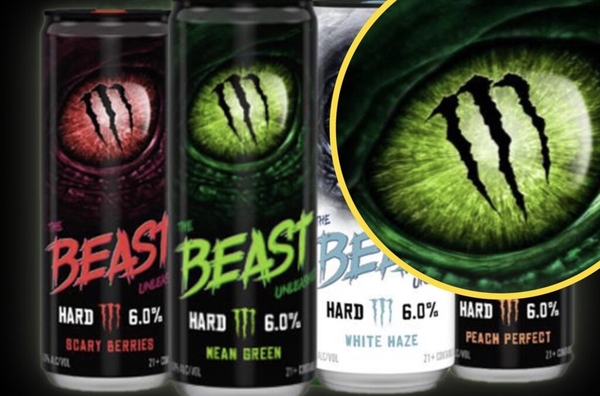Uncategorised
Vegans are trying to ban the phrase “bringing home the bacon”
06 Dec 2018
3m

For hundreds of years, meaty metaphors have played an essential part in how we communicate. Whether you’re “opening up a can of worms” or “shooting fish in a barrel”, unfortunate hypothetical animals always seem to suffer in our idioms. You may not actually want to find out how many ways there are to skin a cat, but no one can deny that a lot of our phraseology is weirdly violent. But, if vegan activists get their way, that could be about to change.
According to Swansea University postdoctoral researcher, Shareena Z. Hamzah, popular sayings such as “bringing home the bacon” and “knowing which way your bread is buttered” could become a thing of the past because they could offend vegans and vegetarians. According to Hamzah, who outlined her case in a detailed piece for The Conversation, “Given that fiction often reflects on real world events and societal issues, it may very well be that down the line powerful meat metaphors are eschewed.”
Hamzeh elaborates, explaining that, “if the killing of animals for food becomes less socially acceptable,” some of our most popular modes of expression may fundamentally alter in order to adapt to change. She suggests that phrases such as “killing two birds with one stone” and “flogging a dead horse” could gradually become more animal-friendly, and eventually be replaced with sayings such as “feeding two birds with one scone” and “feeding a fed horse.”
To other animal activists, Hamzeh’s suggestions are nothing new. Organisations such as PETA have long been trying to wean us off meat-heavy messaging, and even have a list on their website dedicated to alternatives. These suggestions include turning “taking the bull by the horns” to “taking the flower by the thorns”, and “hold your horses” to “hold the phone”. According to PETA, “While these phrases may seem harmless, they carry meaning and can send mixed signals to students about the relationship between humans and animals and can normalise abuse.” Small wonder they have so much beef with the rest of us.
Predictably, these suggestions has set off alarm bells amongst the meat eating community. The New York Post report that Twitter were quick to rush to the defense of these metaphors, with one user writing, “Bringing home the broccoli? Just not the same,” and another, ““Some people are offended by frankly anything nowadays. What’s their beef?” It seems a few people at least are unwilling to let go of their flesh without a fight.
As ominous as these suggestions might seem to the meat obsessed linguist, Hamzeh has also been quick to point out that change is by no means a certainty. As a caveat to the argument outlined in her article, she questioned, “who is to say that even those who choose a vegan or vegetarian diet even want to do away with the meaty descriptions?” using the “impossible” bleeding veggie burger as an example. Whatever the relationship between our language and the food we eat, it’s obvious that vegetarianism is giving us all food for thought in every sense.


